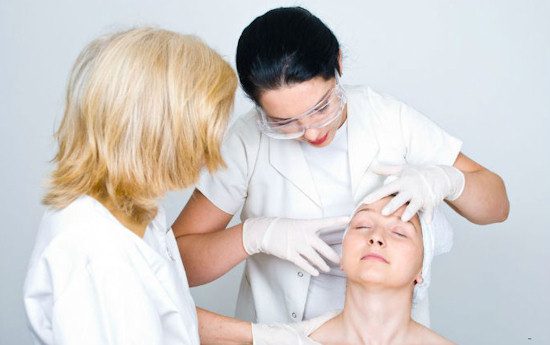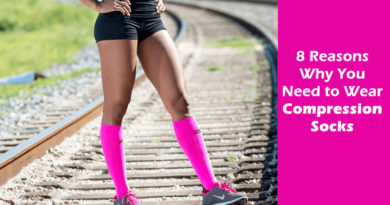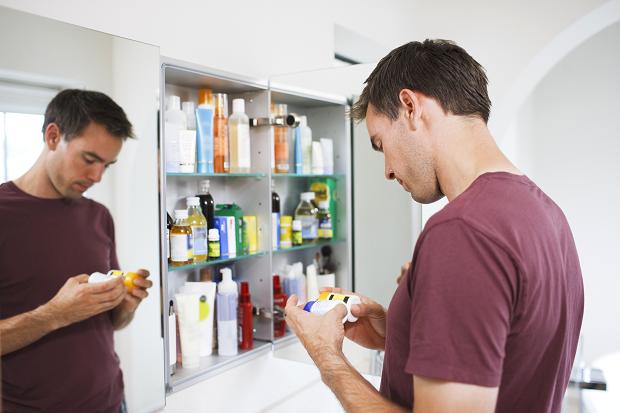Winter is the Best Time to Treat Varicose Veins
Millions of adults experience varicose veins at some point throughout their lifetime. Malfunctioning veins caused by venous disease can take place for a variety of reasons, including being overweight, the excess pressure of on the body due to pregnancy, or poor blood flow throughout the body. Genetics also play a role in who may develop varicose veins, based on family history of venous disease.
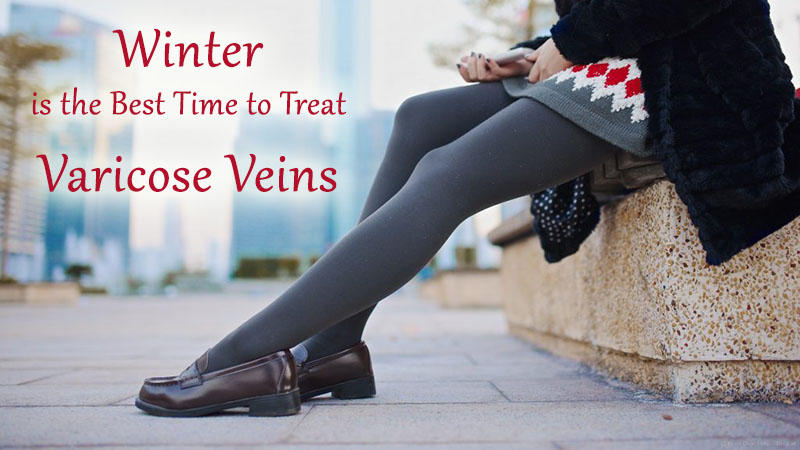
As varicose veins form, individuals may notice several uncomfortable symptoms, ranging in severity. Some may experience an itching sensation at the site of the faulty vein, while others may feel immense pressure on the legs where the veins are no longer working properly. Nearly everyone with varicose veins can see a bulge or twisting of the veins beneath the skin, and the veins may be blue or purple in color. Regardless of the severity of varicose veins, many adults seek treatment to correct the issue.
Take Action in the Winter
The colder months of winter present a prime time for individuals considering varicose vein treatment to take the next step. Here are the top reasons winter is the best time to undergo varicose vein treatment.
Time to Relax: treatment for varicose veins has advanced leaps and bounds in the last few decades, but even with minimally-invasive procedures like Endovenous Laser Treatment, or EVLT, individuals need time to recover. Eddie Chaloner, a vein specialist at a leading vein clinic in the UK, explains that after the first week of treatment for varicose veins, patients often have a significant amount of bruising and lumpiness on the legs. All told, it takes between eight and twelve weeks for legs to get back to looking their best. The winter is the perfect time to undergo such a procedure because the colder temperatures ensure legs will remain covered while they heal. The winter also is a slower time, meaning patients have ample downtime to rest and recovery from surgery.
Less Exposure to Sunlight: another reason varicose vein treatment should be sought out during the winter is the effect of sunlight on recently treated veins. The first few months of the year can be dreary, but less sunlight means less discomfort for varicose vein treatment patients. Overexposure to the sun may cause capillaries in the skin to restrict which then leads to difficulty getting around without pain and discomfort. Without enough movement, veins that have been recently treated do not receive enough blood flow to heal properly. Less sunlight in the winter is beneficial to those who get treatment for varicose veins for these reasons.
Compression Therapy: varicose vein treatment often requires the use of compression stockings to maintain a healthy amount of pressure on the legs. But compression therapy can be uncomfortable during hot months, meaning patients may avoid wearing the recommended stockings when they are needed the most. With colder temperatures in the winter, compression stockings are far more comfortable and less of a fashion faux pas for those concerned about wearing them throughout the day.
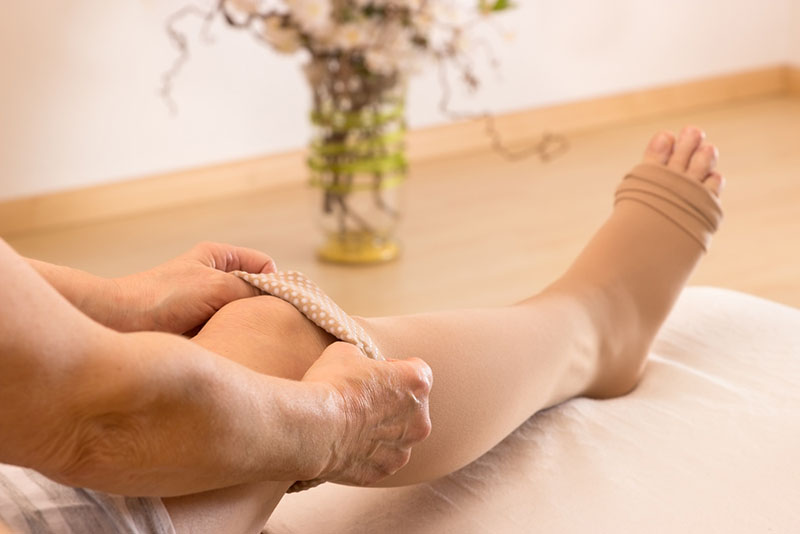
Keeping Veins Healthy
Treating varicose veins in the winter makes a lot of sense for many adults living with unsightly or painful vein issues. For those who are concerned about varicose veins but are not seeking formal treatment, there are a handful of ways to maintain the health of the veins during the colder months. Although avoiding varicose veins altogether is not a realistic goal, here are a few tips to reduce their impact.
- Increase blood flow with daily exercise, aiming for 20 to 30 minutes of physical activity each day
- Maintain a healthy diet that keeps weight in check and promotes healthy bodily functions
- Rest and relax when possible, especially for those who spend a substantial amount of time on their feet during the day
- Elevate the legs to improve blood flow back to the heart a few times per day
Whether you are considering varicose vein treatment with the help of a vein specialist or are simply looking for ways to reduce the discomfort that comes with varicose veins, the winter is an optimal time to do so. Take advantage of the slower, colder months to work toward keeping your veins healthy or pursue a treatment plan that corrects varicose veins permanently.

